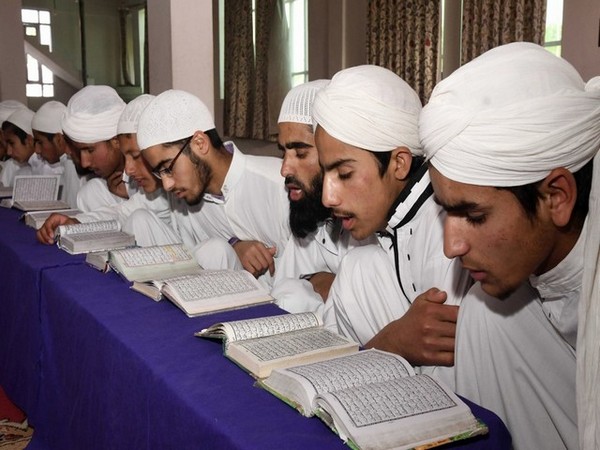NCPCR Takes Madrasa Education Issue to Supreme Court Over Right to Education Act Violation
The NCPCR has filed an affidavit in the Supreme Court challenging the Allahabad High Court's decision to strike down the 'UP Board of Madarsa Education Act 2004'. The affidavit claims that Madrasas fail to provide comprehensive education, violating the Right to Education Act, 2009, and infringing children's rights.

- Country:
- India
New Delhi [India], September 11 (ANI): The National Commission for Protection of Child Rights (NCPCR) on Wednesday submitted an affidavit to the Supreme Court in a case challenging the Allahabad High Court's March 22 judgment that nullified the 'UP Board of Madarsa Education Act 2004'. The NCPCR argues that the education provided in Madrasas is not comprehensive, thus contravening the Right to Education Act, 2009.
The affidavit contends that Madrasas are depriving children of their fundamental right to quality education by not meeting basic educational standards. The children are missing out on a conducive learning environment and better growth opportunities. Furthermore, the Madrasas are allegedly imparting Islamic religious education to non-Muslim students, violating Article 28(3) of the Indian Constitution, which restricts religious instruction in educational institutions.
According to the NCPCR, Madrasas lack a standardized curriculum and evaluation system as mandated by Section 29 of the Right to Education Act, 2009. The NCPCR claims numerous complaints have been received about fatwas issued by Darul Uloom Deoband, a significant Islamic educational institution. These fatwas purportedly expose children to anti-national sentiments, causing them mental and physical distress. The Supreme Court, on April 5, stayed the Allahabad High Court's ruling, alleging it affects 17 lakh students and suggesting that solutions should focus on ensuring quality education rather than scrapping the Madarsa Act entirely. (ANI)
(With inputs from agencies.)










